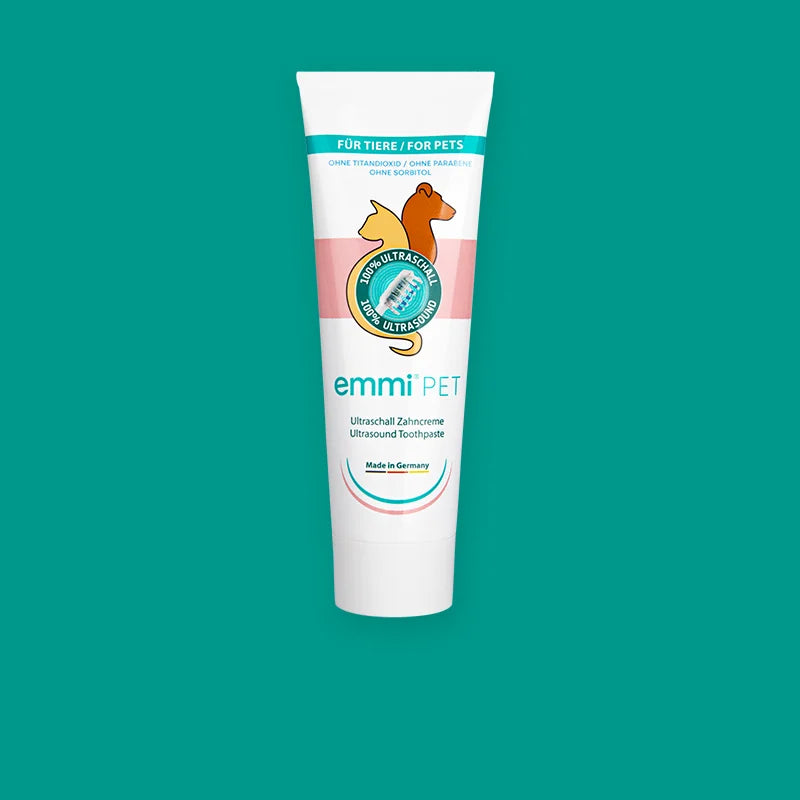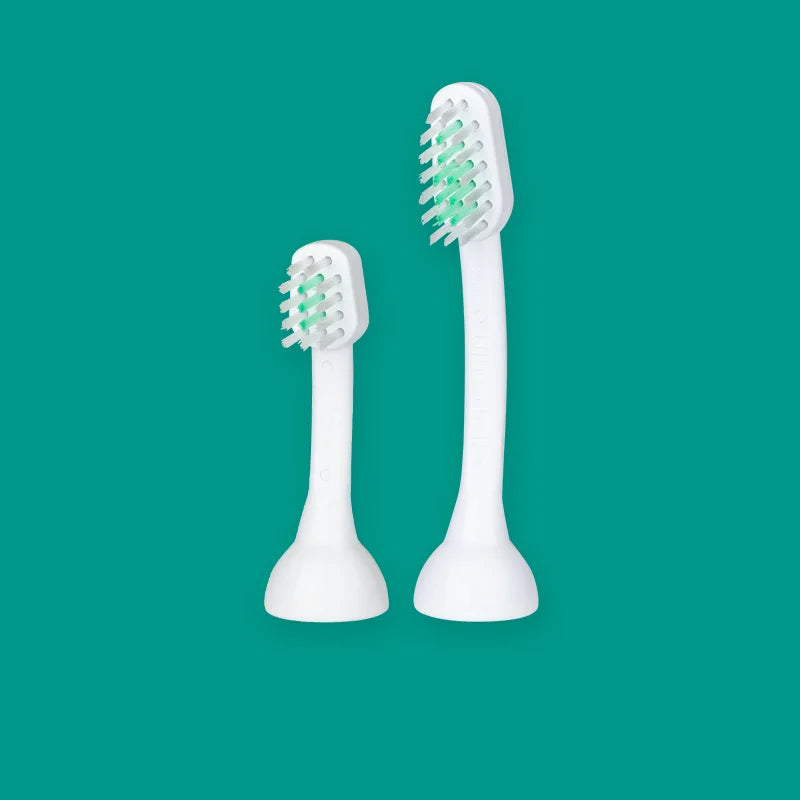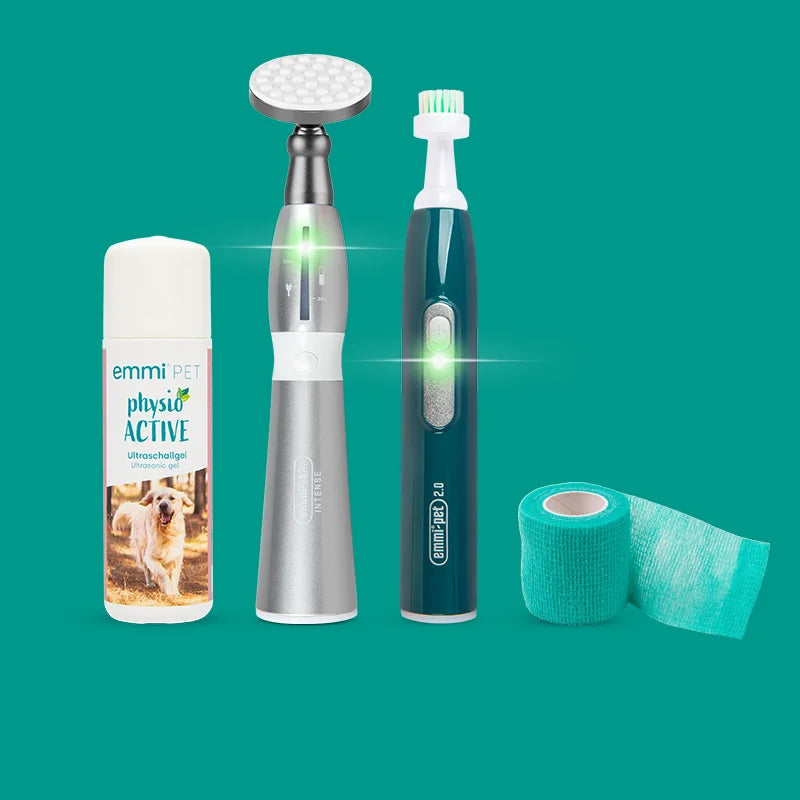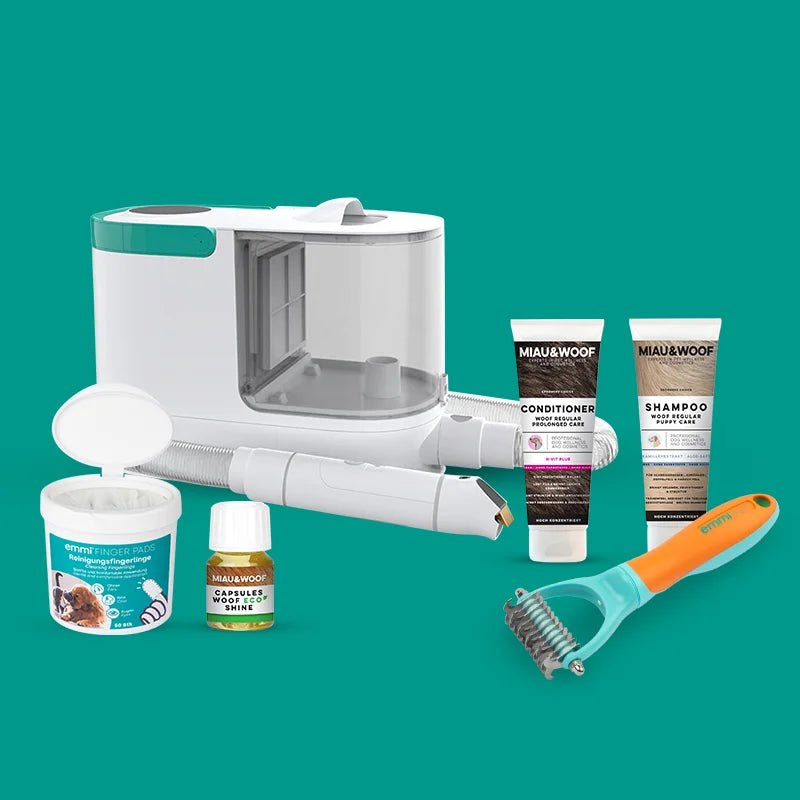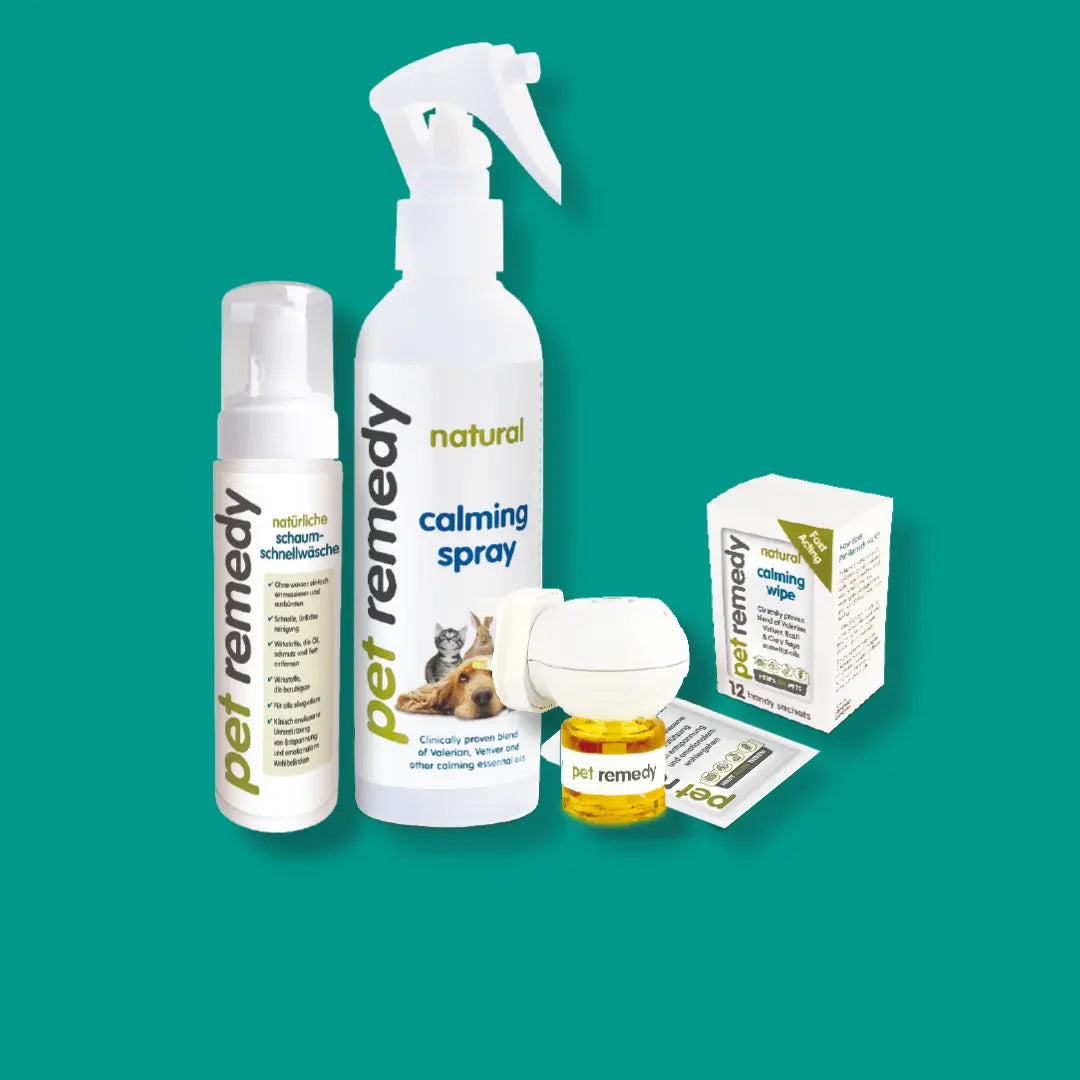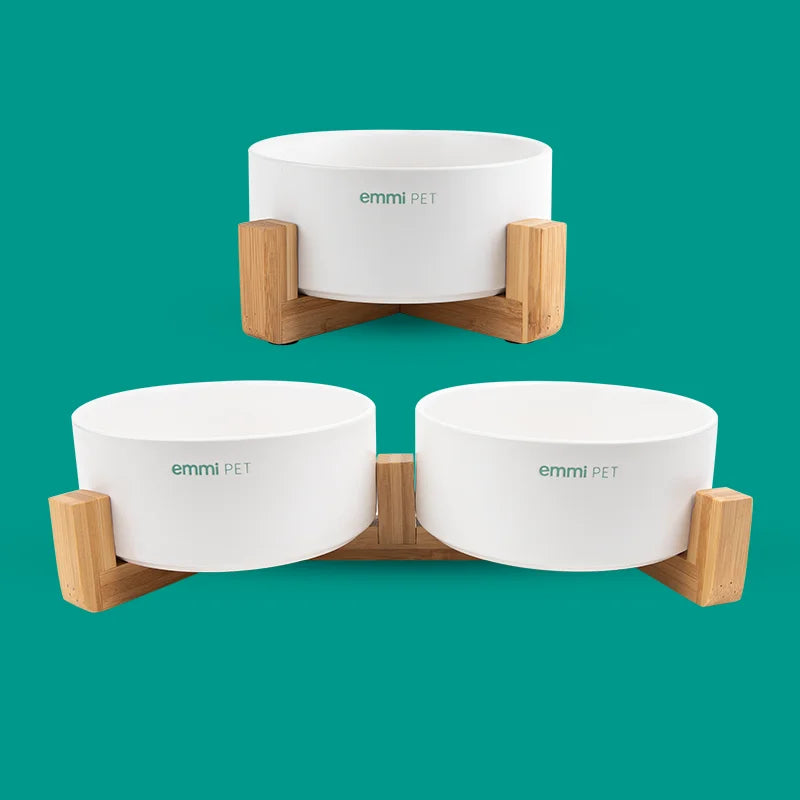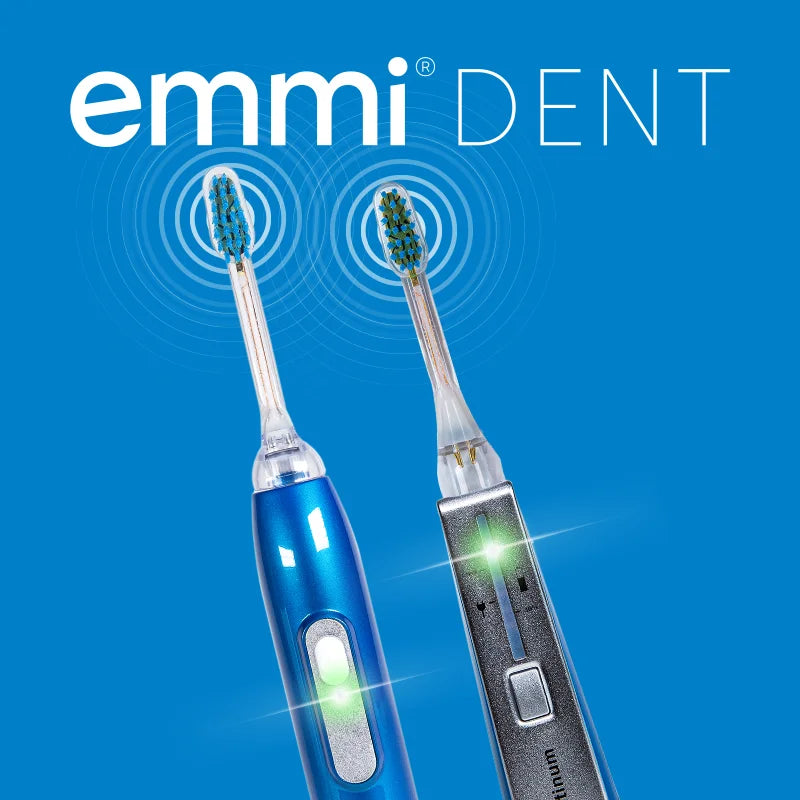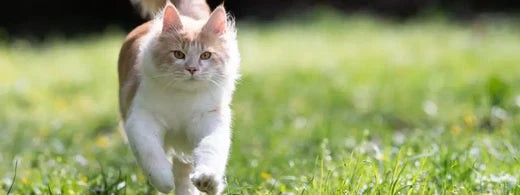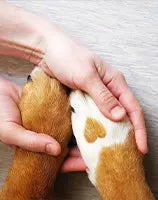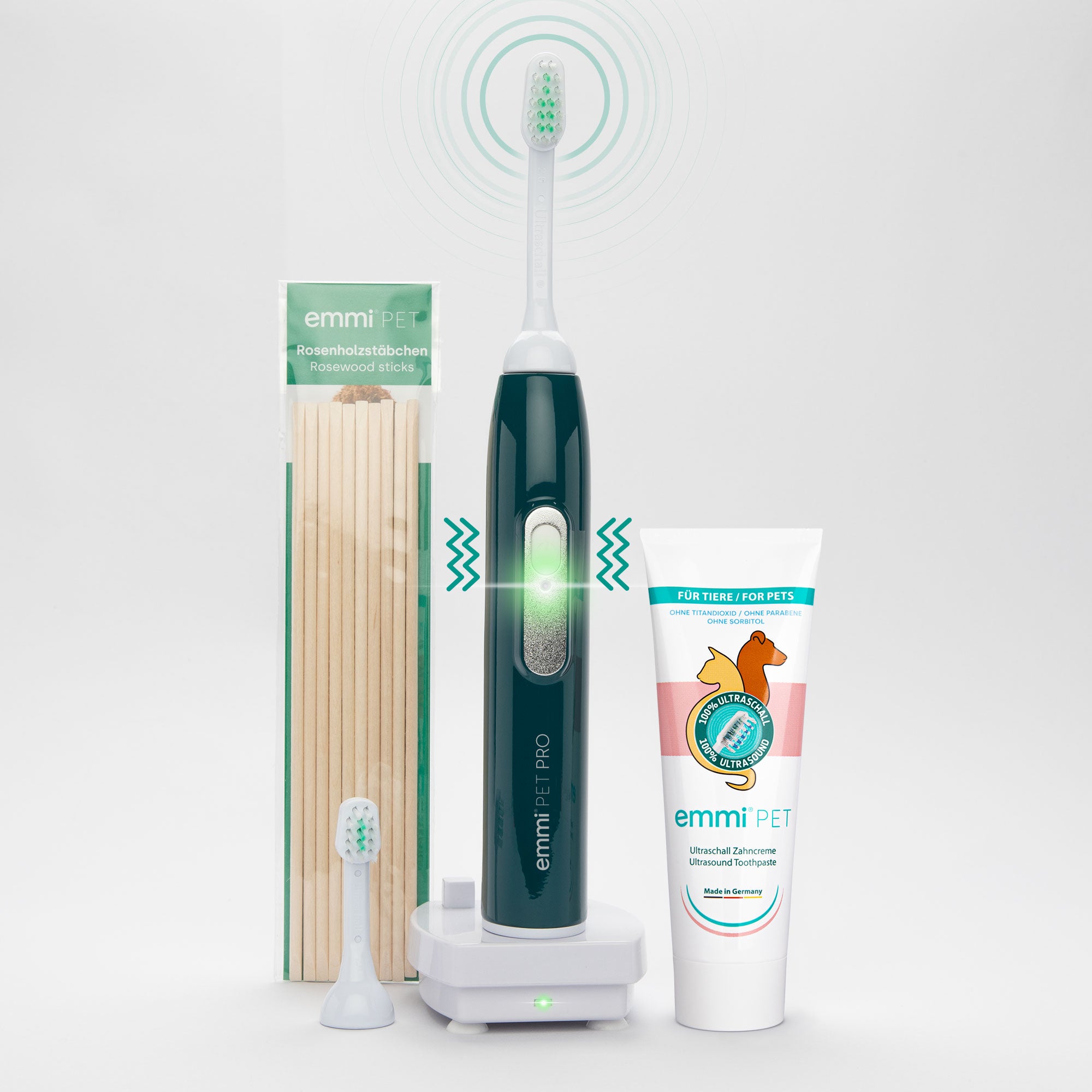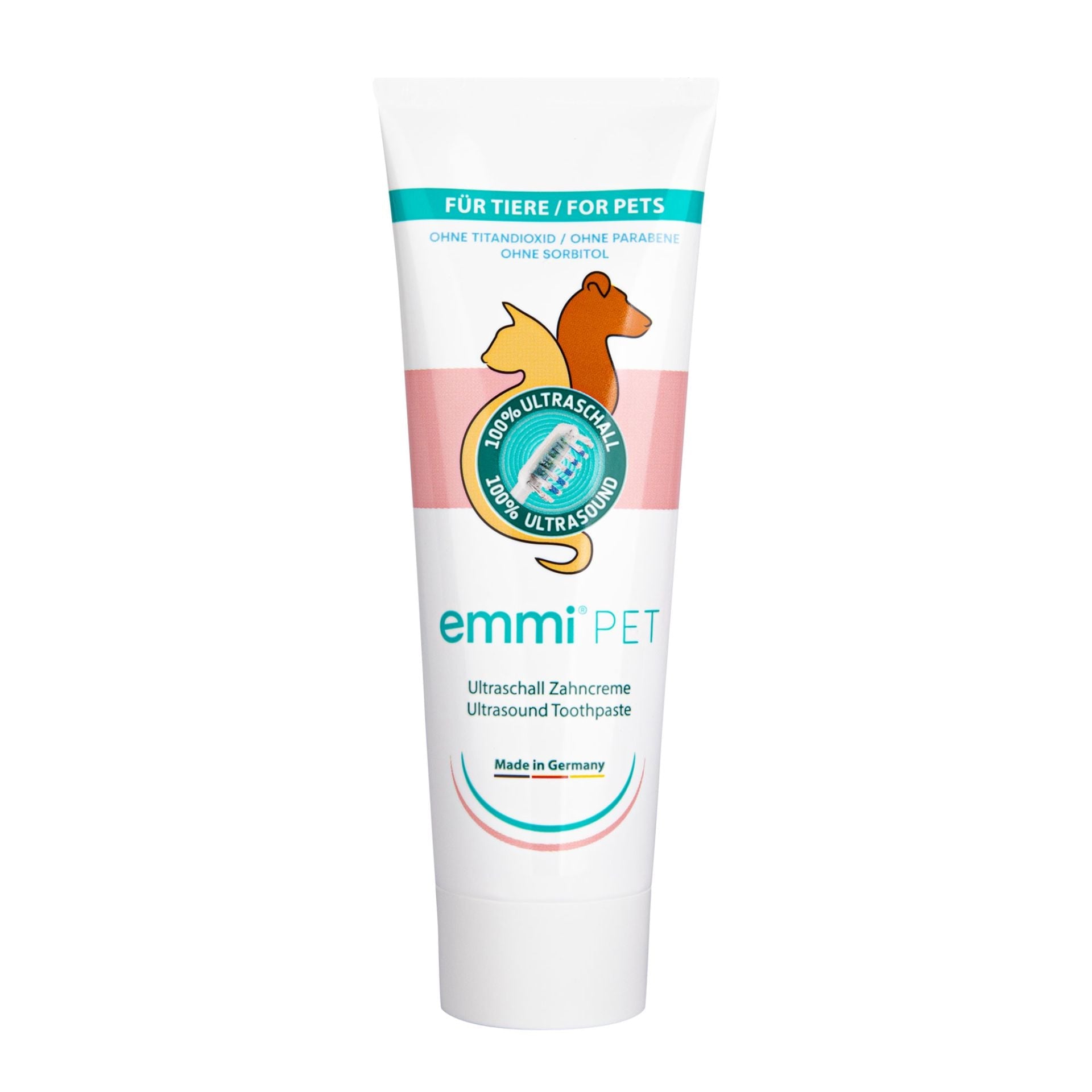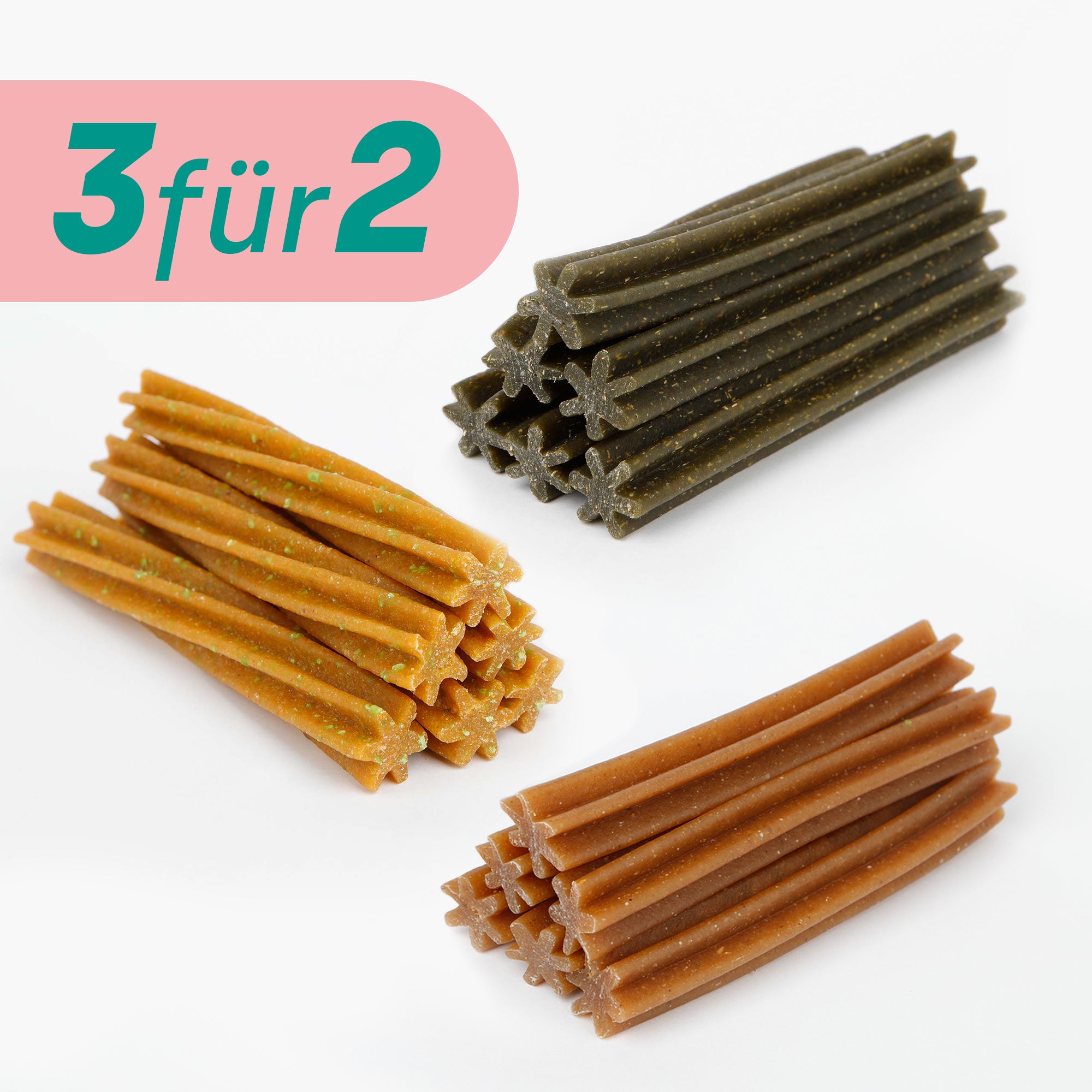Teething in cats – when kittens learn to bite
Cats are originally predators with very powerful teeth. Perfect teeth are important not only for cats living in the wild, but also for all indoor cats. Inadequately developed teeth or poor dental hygiene can lead to various diseases. For this reason, it's especially important to monitor dental health from kittenhood onward.
In today's blog post, we'll explain what teething in cats is all about, which factors play an important role in your cat's dental health, and how you can care for your kitten's teeth from an early age.
When do cats change their teeth?
Cats go through three phases of their lives that are directly related to teething. The first two phases of teething occur during kittenhood and radically change the teeth.
Phase 1: The baby teeth already develop in the mother's womb. However, kittens' teeth only begin to emerge in the second or third week of life. Incisors and canines begin to emerge. The molars follow about a week later. The baby teeth are complete at around eight weeks of age. The transition to hard cat food should also take place during this period.
Phase 2: The adult dentition can begin to form as early as four months of age. The soft baby teeth give way to the permanent teeth. As the permanent teeth grow, the proportions of the skull change, particularly in the jaw area. The kitten's facial shape changes from a round kitten face to a pronounced head shape. The adult dentition has significantly more teeth than the milk teeth. The length of the tooth change depends on the individual and sometimes on the breed. The process of tooth change can take several weeks. However, the change of teeth should be fully completed by the seventh month of life at the latest.
Phase 3: The age-related tooth loss phase varies from cat to cat. It's a natural process.
In all three phases, the better the dental care, the longer the teeth will last into old age. Therefore, regular prophylaxis and good dental hygiene are essential for adult cats.
Measures to facilitate teething in kittens
As with dogs, careful dental care and dental hygiene are also advisable for cats. Our emmi®-pet ultrasonic toothbrush has an antiseptic effect and can provide relief from even the slightest gum irritation. As baby teeth gradually loosen, minor injuries can be treated very effectively with ultrasound.
You can also support your furry friend with food. Offer soft food—food that your kitten can easily digest and chew. Dry food or crunchy treats can work wonders to loosen loose teeth. Teething toys can also be used in this area.
Also, massage your cat's gums regularly. Our emmi®-pet ultrasonic toothbrush is perfect for this, too. It also serves as training for ongoing dental care. This way, your cat can get used to regular dental hygiene in a playful way.

